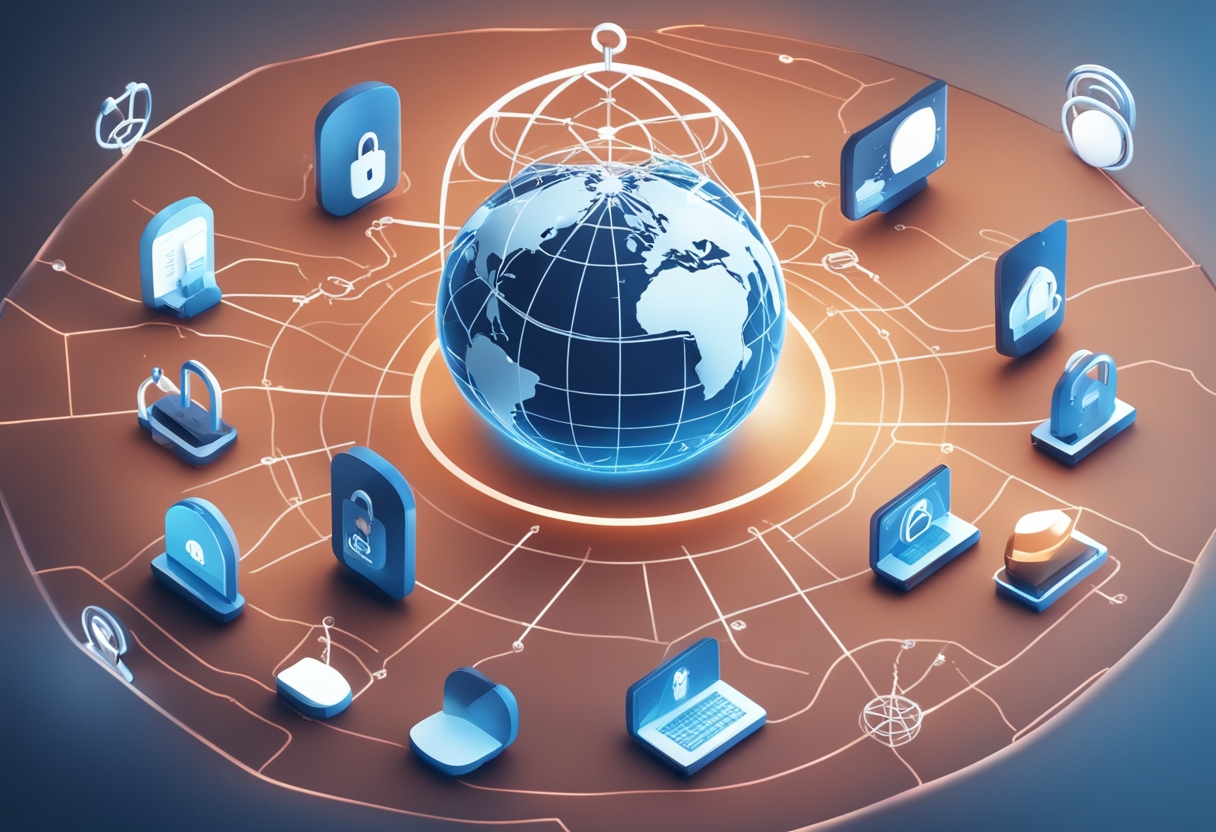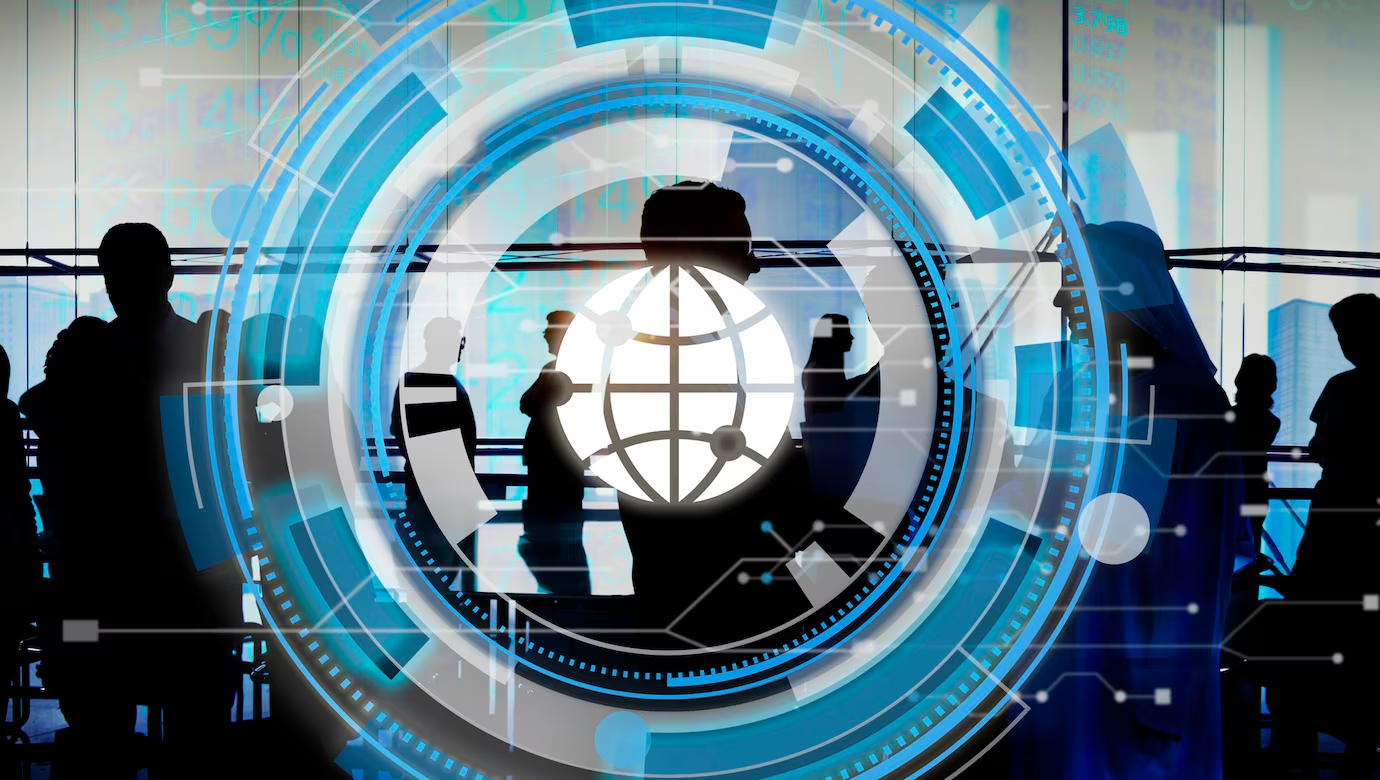
The Role of VPNs in Protecting Online Privacy
Introduction
In an era where online privacy is constantly under threat, VPNs play a crucial role in protecting user data. From shielding personal information from hackers to preventing government surveillance, VPNs offer a robust solution for maintaining privacy online. This article explores how VPNs safeguard your privacy, the threats to online privacy, and why they are essential in today’s digital world.
The Threats to Online Privacy
Online privacy faces numerous threats, ranging from data collection by companies to cyber-attacks by malicious actors. Here are some of the primary threats:
- Data Collection: Companies and websites track and collect user data for advertising and other purposes. This data can include browsing history, search queries, and personal information. Over time, this can build a detailed profile of your online activities, which is often sold to third parties.
- Hackers and Cybercriminals: Public Wi-Fi networks, such as those in cafes, airports, and hotels, are often unsecured and susceptible to hacking. Cybercriminals can intercept data transmitted over these networks, potentially stealing sensitive information such as passwords and credit card numbers.
- Government Surveillance: In some regions, government surveillance on internet usage is pervasive. Authorities can monitor online activities, track user movements, and even access personal communications. This can have serious implications for privacy and freedom of expression.
How VPNs Enhance Privacy
VPNs offer a comprehensive solution for protecting online privacy. Here’s how they work:
- Encryption: VPNs encrypt your internet traffic, making it unreadable to third parties. This ensures that even if your data is intercepted, it cannot be deciphered. Most VPNs use AES-256 encryption, which is highly secure and widely used in the industry.
- Anonymity: By masking your IP address, VPNs make it difficult to trace your online activities back to you. This is particularly important for activities that require a high level of privacy, such as online banking or accessing sensitive information.
- No-Logs Policies: Many reputable VPNs have strict no-logs policies, meaning they do not store any data about your online activities. This ensures that even if the VPN provider is compelled to hand over data, there is nothing to provide.
Choosing a Privacy-Focused VPN
When selecting a VPN to enhance your privacy, consider the following factors:
- Jurisdiction: Opt for VPNs based in countries with strong privacy laws. Avoid providers based in countries that are part of international surveillance alliances such as the Five Eyes.
- Security Features: Look for VPNs that offer robust encryption, a kill switch (which disconnects your internet if the VPN connection drops), and DNS leak protection. Additional features like multi-hop (routing traffic through multiple servers) can provide added security.
- Reputation: Choose VPNs with a proven track record of protecting user privacy. Check independent reviews and look for transparency reports published by the provider.
Practical Uses of VPNs for Privacy
- Secure Browsing: Use a VPN to protect your browsing activities from being tracked by ISPs, advertisers, and other third parties.
- Safe Online Transactions: Protect your financial information when conducting online transactions, such as shopping or banking.
- Anonymity for Activists and Journalists: VPNs are invaluable for activists, journalists, and whistleblowers who need to protect their identities and communications from surveillance and repression.
- Bypass Censorship: In countries with heavy internet censorship, VPNs can provide access to blocked websites and social media platforms, allowing free access to information.
Conclusion
VPNs are invaluable tools for maintaining online privacy in an increasingly connected world. By encrypting your data and masking your IP address, they provide a robust defense against the many threats to your privacy. Whether you are concerned about data collection, cyber threats, or government surveillance, using a VPN can help protect your digital footprint and ensure your online activities remain private.


